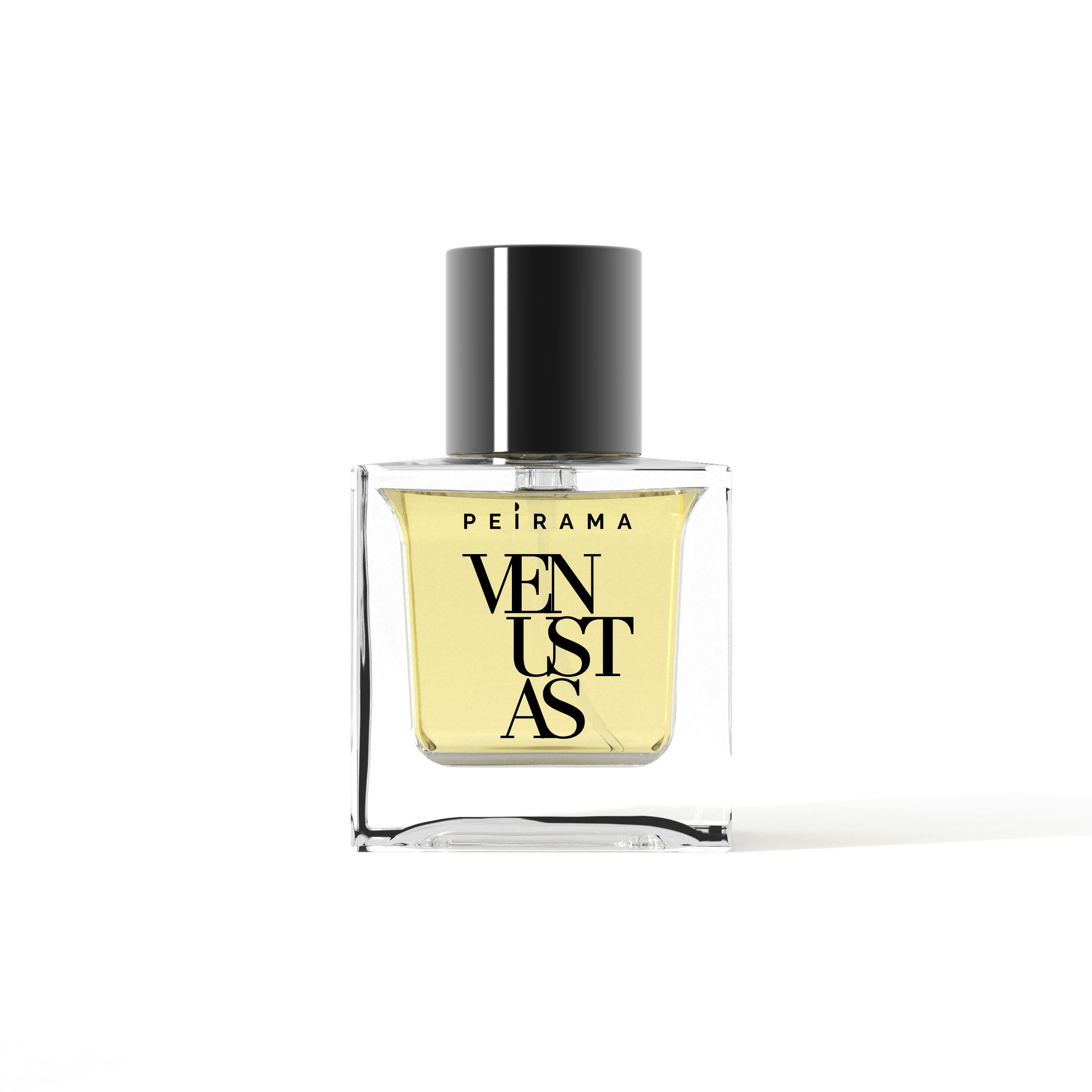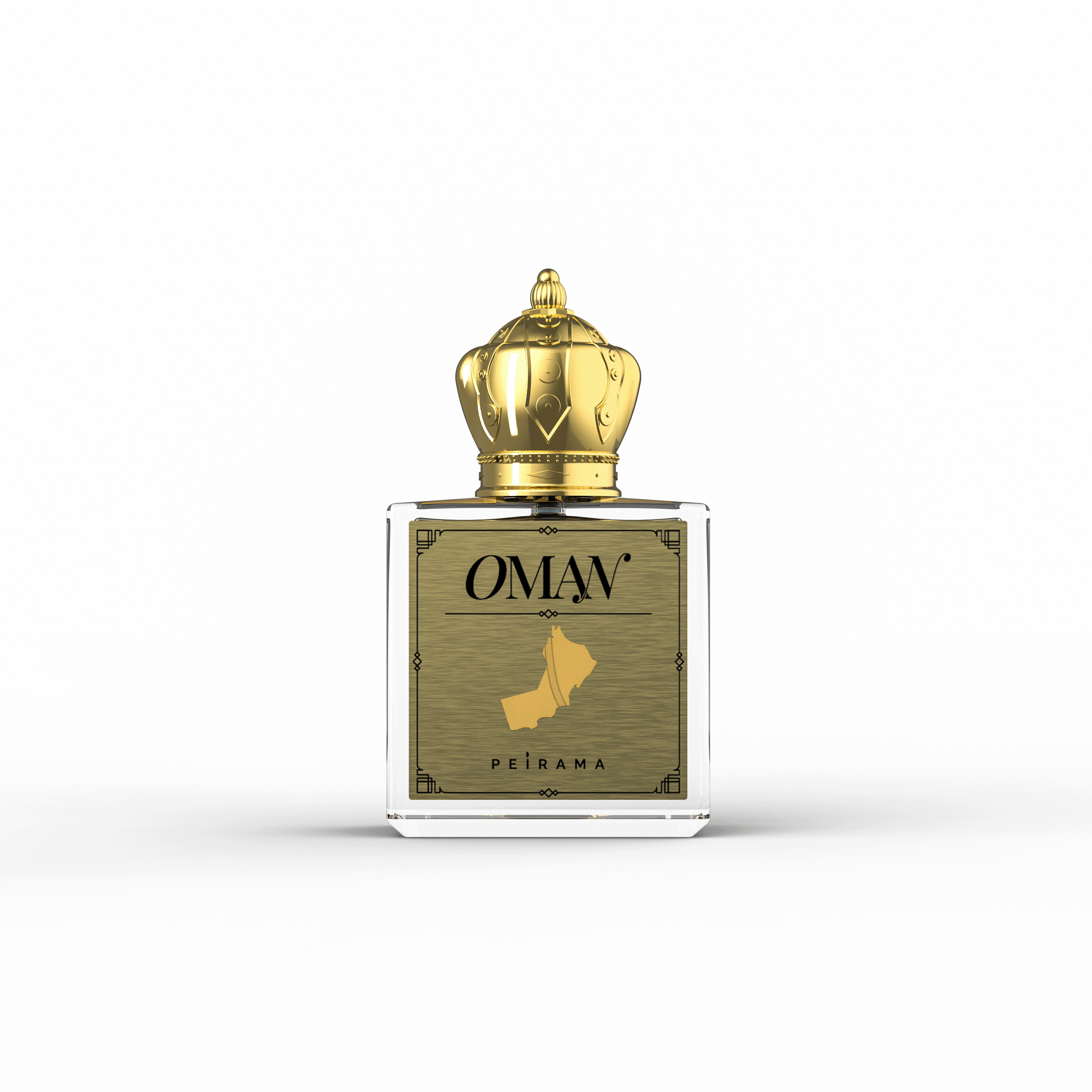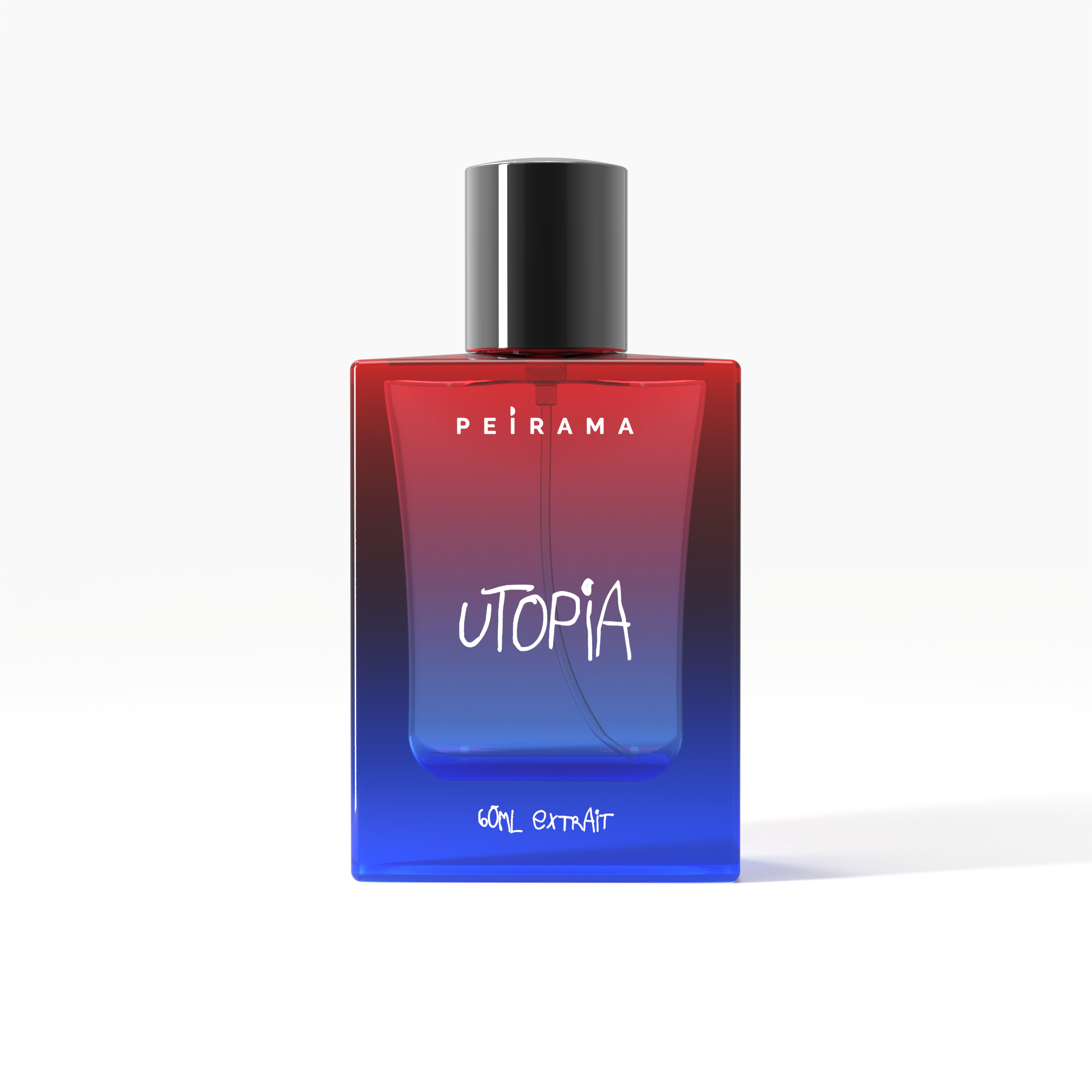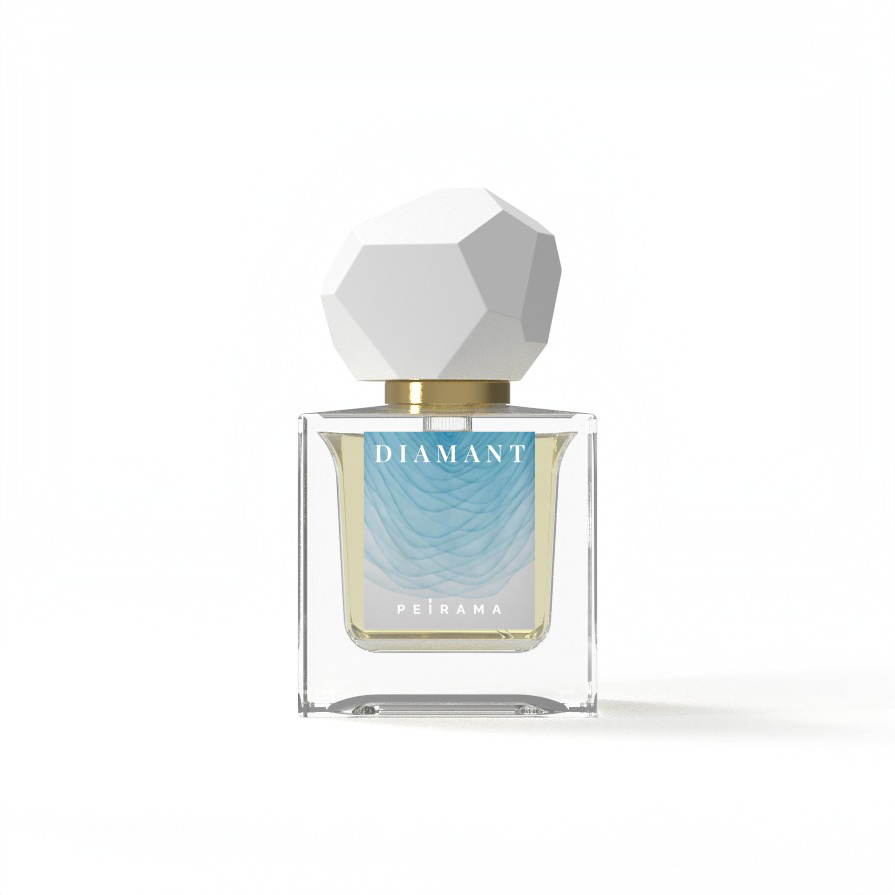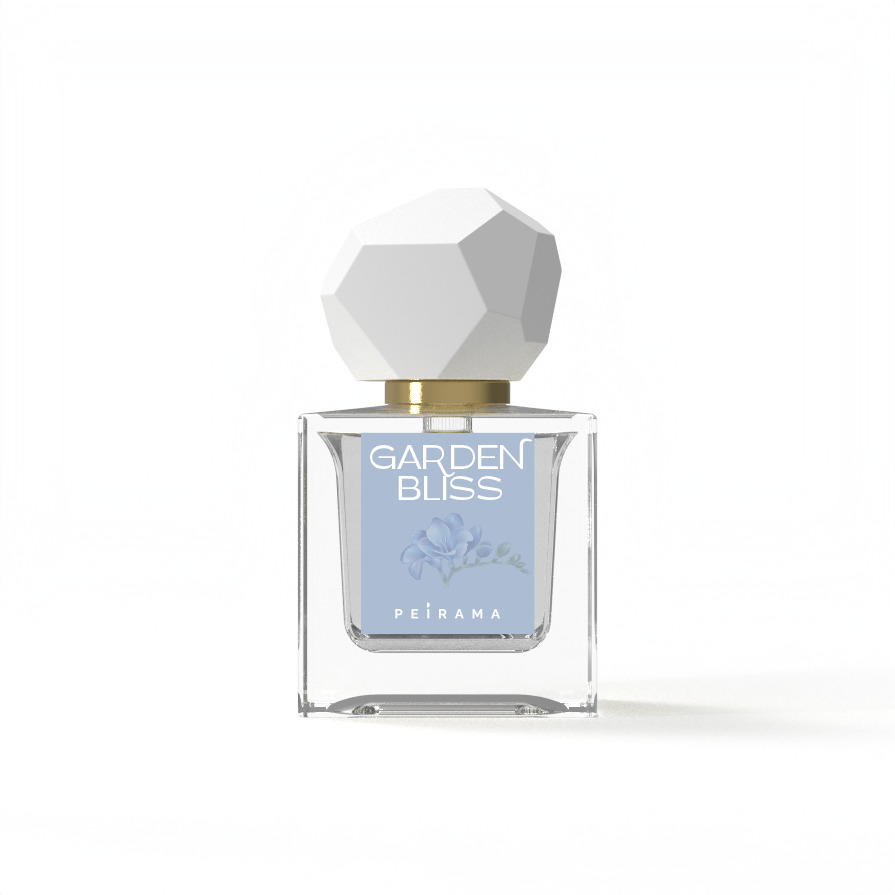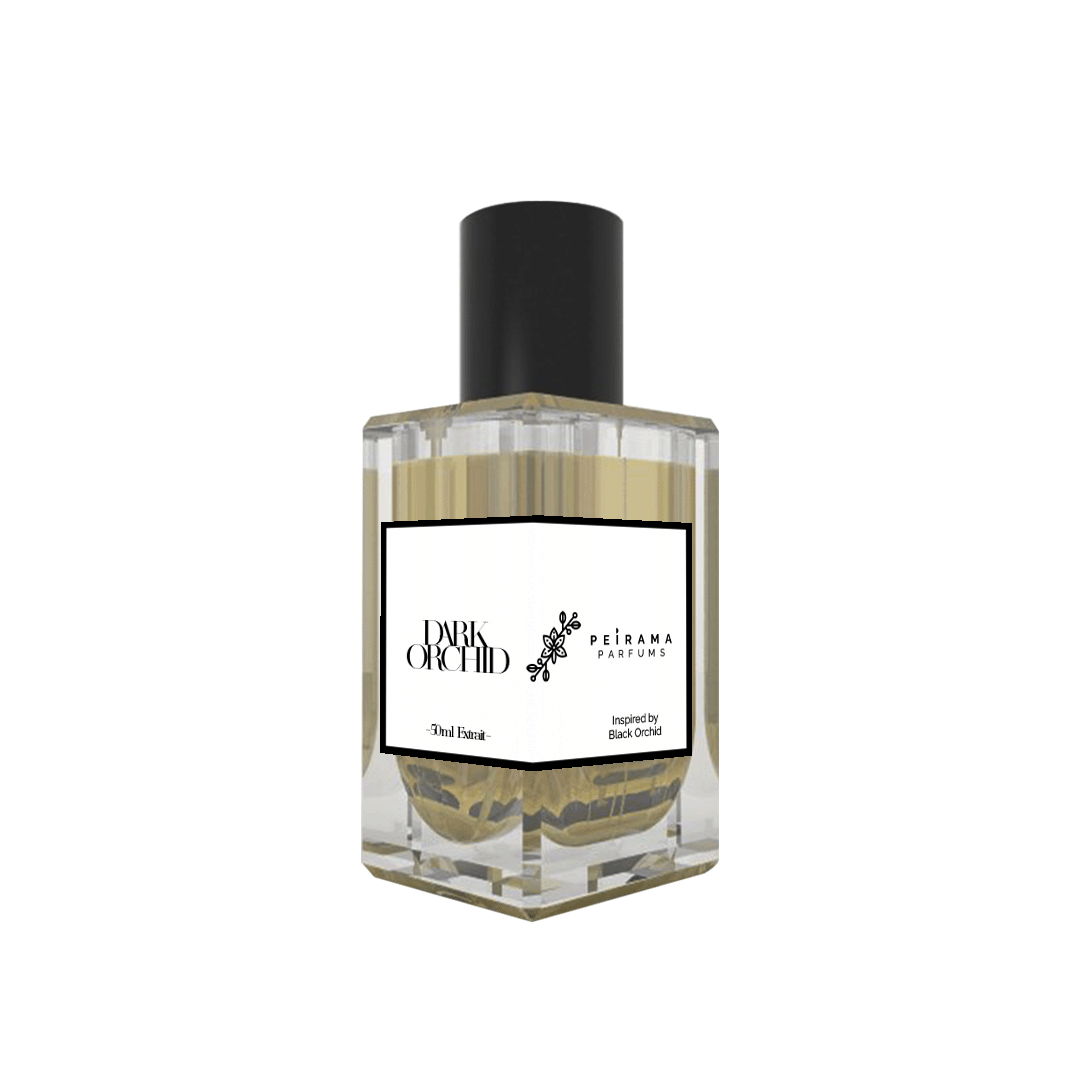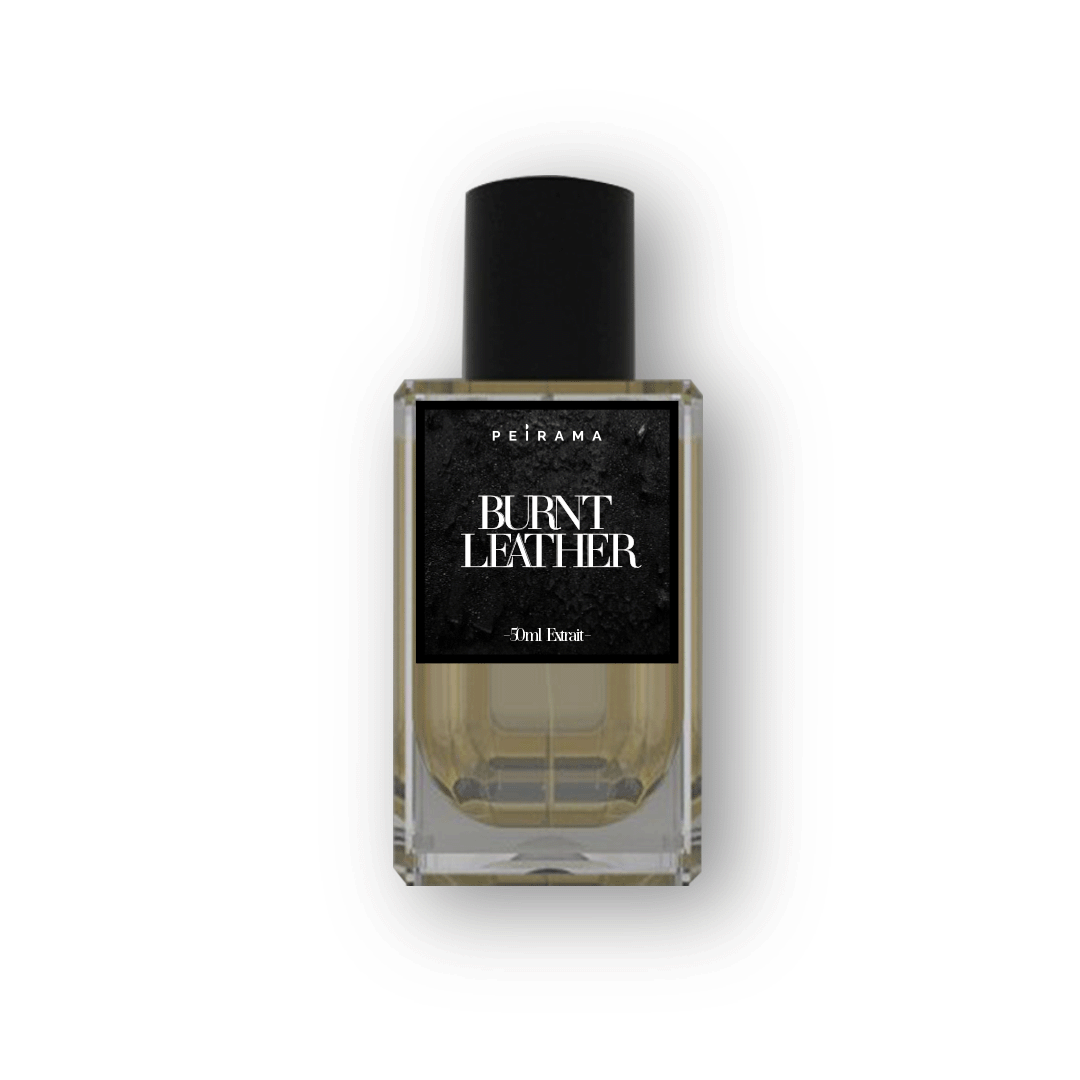Q&A WITH PEIRAMA
Below is a selection of Frequently Asked Perfume Questions, as answered by perfume authority of Peirama
ARE THESE FRAGRANCES SAFE TO USE?
Yes! All our raw materials are sourced from certified
vendors and processed under the supervision of IFRA-certified chemists before
being imported into Pakistan. We guarantee that when you purchase from Peirama,
you’re getting top-quality products.
WHEN AND WHERE IS RESTOCK LIST SHARED?
The restock list is usually shared almost every Month. You
can find it in our Facebook group: https://www.facebook.com/groups/339399351957673
ARE FRAGRANCES MADE FROM 100% NATURAL INGREDIENTS THE BEST CHOICE?
DEFINITELY NOT!
Limiting ourselves to natural ingredients overlooks the
precision and creativity that synthetics offer, including unique scents that
can’t be found in nature. We give top perfumers the freedom to use both lavish
amounts of high-quality naturals and essential synthetic materials. Without
synthetics, achieving the artistry they aim for would be impossible.
This misconception often arises because many equate
“synthetic” with “cheap” and “natural” with “quality.” This notion is further
perpetuated by a fondness for classic fragrances, which are mistakenly believed
to be entirely natural due to their age. In reality, no perfume is ever 100%
natural.
The best perfumers blend synthetics and naturals from
various sources because natural extracts, whether absolutes or CO2 extractions,
don’t perfectly replicate the scents of nature. They are like strawberry
jam—delicious, but different. To create a complete scent profile, “nature
identicals” (synthetics that mimic natural scents) are essential.
Consequently, a perfume made solely from natural
ingredients often ends up smelling simplistic or reminiscent of “old perfumes,”
while a well-crafted scent typically incorporates a variety of synthetic
materials.
DO WE MACERATE OUR PERFUME BATCHES?
As for maceration, yes, we do macerate our perfumes before
bottling them! Just like wine, perfumes need time to develop in large
containers, especially those with many natural ingredients or rich base notes.
For example, an Eau de Cologne requires less aging than a heavier Chypre.
Traditionally, every classic perfume underwent a maceration
period of 4 to 8 weeks. Some mass-market brands eliminated this practice in the
80s to boost profits. After developing a fragrance, we always establish an
aging protocol with the perfumer. Some prefer to age the concentrate before
mixing it with alcohol, while others opt for long maceration of the finished
product.
For instance, "OMAN" was matured for 3
weeks and then macerated for 4 weeks, totaling 7 weeks of aging. Fresh lab
samples often lack the strength, beauty, and stability of properly aged
perfumes. Time and volume play crucial roles—generally, we find that producing
a minimum of 5 kg of concentrate is necessary to achieve the depth and richness
that a good perfume requires.
DO PERFUMES CHANGE ON DIFFERENT SKIN TYPES?
Yes, but not as dramatically as many people believe.
Instances where perfumes change significantly are quite rare.
Often, when someone tries a fragrance in a store, they
perceive it differently than when a friend wears it. This is mainly because one
person is smelling the heart and base notes after several hours, while the
other is experiencing the immediate top notes right after application.
It's also important to remember that the way you perceive a
fragrance up close differs from how it smells from a distance.
Additionally, not all perfumes are created equal. Older
fragrances, which often involve intricate formulas with numerous natural
ingredients, can be more delicate, especially if they contain rich, sensual
notes. In contrast, modern perfumes, particularly those with strong bases like
woods or musk, tend to be more stable.
MY PERFUME ISNT PERFORMING WELL ON ME
There are a few things you can try. First, it’s common to
become desensitized to a scent if you’ve been wearing it for a long time.
Another reason could be dry skin, which can cause
fragrances to fade more quickly. To help, apply a truly unscented body lotion
or one that complements your perfume; the latter can enhance its longevity.
You might also consider spraying your clothes, as
fragrances tend to last longer on fabrics than on skin. Just keep in mind that
this can make it tricky to switch between different perfumes later.
Lastly, be cautious when applying dark scents to
light-colored clothing, as they may leave stains.
DO WE RECOMMEND CHANGING YOUR PERFUME WITH THE SEASONS?
Yes, in a way—fragrances can be like clothing, with some
feeling more appropriate for certain weather. Ultimately, it’s about comfort
and instinct.
For instance, wearing a heavy Orientale scent like Fame
on a hot summer day might feel overwhelming, but a light application could
work, especially in the evening. Some fragrances, like Utopia, are
versatile enough for various climates.
While it’s not necessary to switch fragrances if you’re
comfortable, it might be a good idea to consider a seasonal change if your
signature scent is very fresh, heavy Chypre, or an intense oriental.
Alternatively, adjusting the amount you apply could help you enjoy your
favorite fragrance year-round.


